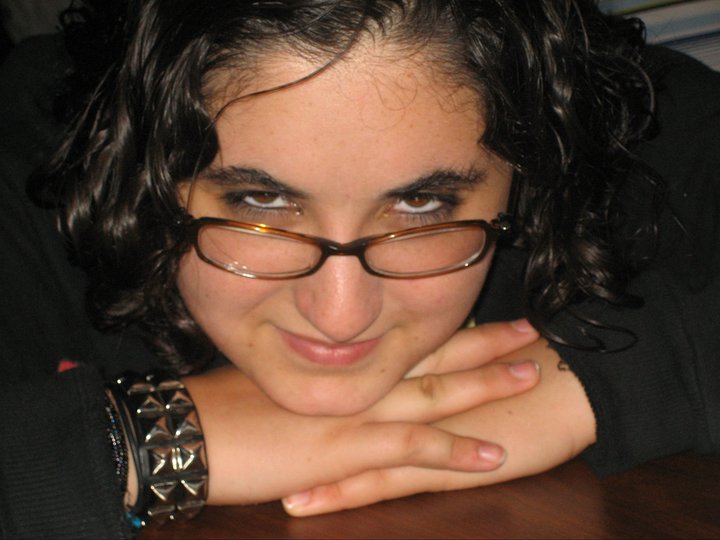I've spent a good chunk of downtime in the last year trying to write this post in my head, and kept hitting a wall. Woke up early this morning and felt I could finally start to put words on the page.
In any fiction writing, there are certain meta-problems that must be solved to make the story structure work: character motivation, for example. In science fiction, one of these is the faster-than-light (FTL) travel problem: if you don't have FTL travel, then your story has to take place entirely on a spaceship or a planet, since it will take years or centuries to travel between star systems.
Orson Scott Card is an SF writer of some note, who came to prominence through his amazing short story "Ender's Game", which you can find
here. It was expanded into a full novel, which spawned a series of other books, and there's a movie in the works.
Aside from being a great story, in the series (although not explicitly in the short story), Card solved the FTL problem not through any of the traditional tropes ("warp speed"
à la Star Trek; subspace; wormholes; etc.), but by positing a subatomic science called philotics. In this theory, philotes—the particles from which quarks and the like are composed—"twine up" with each other to form threads that link all objects and beings. These threads, while invisible, then combine to form the
philotic web. This invisible web thus connects all objects, and strong bonds—strong connections—manifest as thicker fibers.
In doing a bit of research to refresh my memory on philotics, it appears that I there's a lot more to it than I remembered (there's a whole community of Card fans who will discuss this stuff to death, which I
don't recommend), but one post reassures me that my interpretation at least isn't wrong: "[the philotic web is] the bond between two people or two objects that isn't physical. Love is a great example".
(By the way, the "phil" part of "philotic" is Greek for "love", and yes, "Philip" contains the same word; it's Greek for "lover of horses"—the -ip [or -lip, if you spell it wrong] is an elided version of "hippo", which is a Greek word for "horse". I assume this was meant to mean "a dude who rides and owns horses", not something rude; in any case, I don't trust or even like horses at all, so go figure!)
Interpersonal connections has been a topic near and dear to me for most of the last year, for obvious reasons. When you enter uncharted territory, you make some amazing discoveries. One of these, for me, has been the thickness of many of those fibers.
While I feel to some extent frozen in time—like I'm waiting for something to change that isn't going to happen—I also feel cozily cocooned by the philotic web of people who have expressed their love for Katie and for us.
I find this to be quite amazing. At the risk of sounding cliché, we're all kind of walled off to some extent: we don't say "I love you" as often as we might should (to use a Southernism I quite like), for fear of sounding weak or needy or just plain strange. Oftentimes I guess it doesn't matter—we (at least think we) know who loves us and whom we love—but I think the result is a diminishing both of the power of that emotion and of recognition of our own interconnections in the philotic web.
And of course one (of many) things Katie was good about was telling people that she loved them.
So I'm writing this (yeah, at great length) to try to say to the many folks who have helped us survive this year, although this seems woefully inadequate: we love all of you. Thank you.
